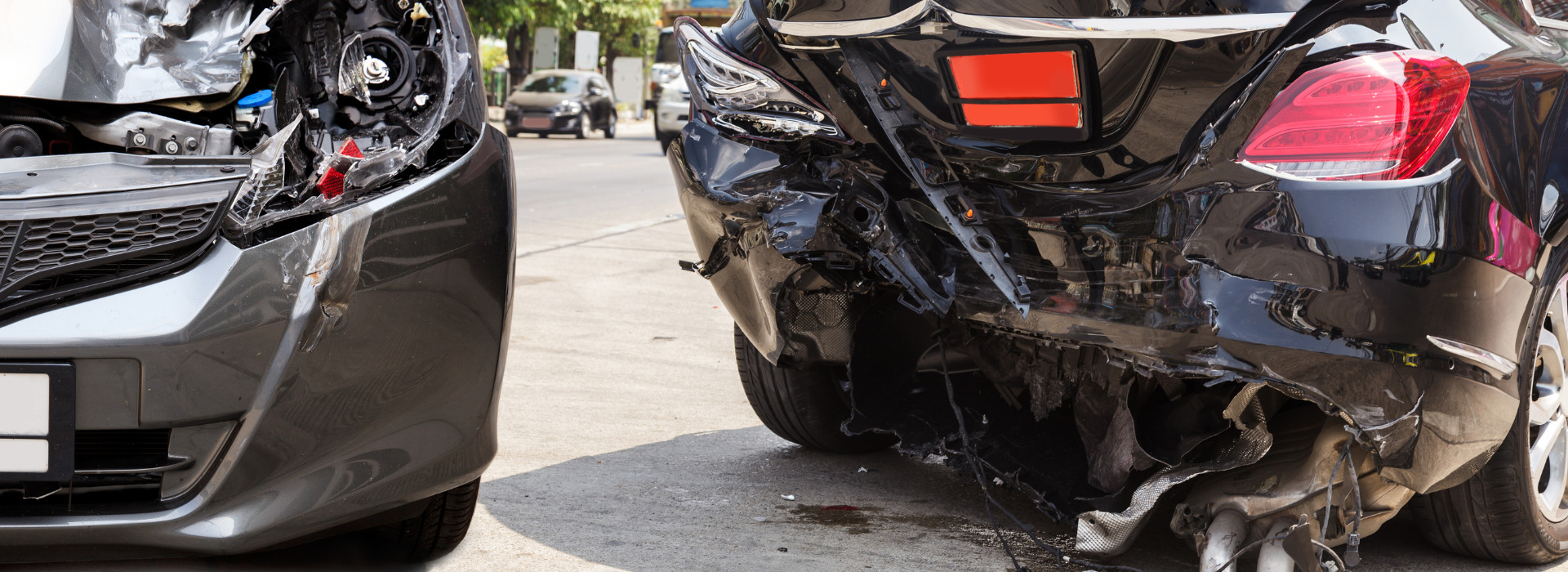Your personal injury settlement amount will vary depending on a range of factors that are unique to you, your injury, and your situation. One large piece of the personal injury puzzle is working out which ‘heads of damages’ apply to your injury and losses. In this article, we’ll tell you what ‘heads of damages’ means and how the different heads of damages will impact your personal injury settlement.
What Are Heads of Damages In Personal Injury Law?
Broadly speaking, heads of damages are the legal categories of losses an injured person can claim compensation for in a personal injury lawsuit.
In Alberta, injury awards are determined based on the calculation of various heads of damages. The heads of damages that often appear in personal injury claims include the following:
- General damages, including pain and suffering and emotional distress or psychological injury.
- Special damages, which includes out-of-pocket expenses.
- Loss of valuable services.
- Punitive damages, which are designed to punish the wrongdoer. These are extremely rare, and we won’t cover them in more detail in this article.
Types of Emotional Damages In A Personal Injury Settlement
For a broad overview of the process for claiming emotional damages, you can refer to our steps of a personal injury claim resource.
Let’s delve into the types of damages in more detail:
General Damages
General damages are also known as non-economic damages because they award someone who has been injured for intangible harm. These damages cover things like pain and suffering, emotional damage, loss of enjoyment of life, and a decrease in lifestyle.
These damages can be hard to calculate because the loss can be subjective. It’s not the same thing as quantifying the dollar value of a loss of a relationship due to an accident compared to how much it costs for medical appointments.
One important factor that can impact the amount of general damages awarded after an accident is the severity and length of the injury. Generally, more severe injuries with long-term impacts will attract higher settlement amounts.
Special Damages
Special damages are also known as economic damages. These are awarded to cover out-of-pocket costs you incurred as a result of an accident that wasn’t your fault.
While they’re called ‘special damages’, they are actually a very common type of damages. The goal is to put you back in the same financial position as you would have been in had the accident not happened.
Your award for special damages in a personal injury settlement will cover things like:
- Out-of-pocket medical expenses, including the costs of prescriptions, physical therapy, and psychotherapy.
- Property damage, such as the costs of repairing or replacing your vehicle or other damaged personal belongings.
- Future costs of care, which provides compensation for estimated future costs for treatments, prescriptions, and other care you require as a result of your injuries.
- Loss of income or earning potential. More on this below.
Types of Settlements in Personal Injury Law
There is a common misconception that your personal injury claim for compensation will require you to go to court. But the reality is that most personal injury claims are resolved through a ‘settlement’.
A settlement is a negotiated agreement between your personal injury lawyer and the at-fault driver (or their insurer or representative). The amount of money you receive to settle your claim will depend on your unique circumstances and the extent of your injuries. But, generally speaking, your settlement amount will consider any economic losses you experienced, compensation for pain and suffering, out-of-pocket expenses, and future losses of earning potential or for ongoing medical costs.
Your settlement may be either a lump sum payment, which is a one-off payment to settle the claim in full. This is the most common type of settlement. However, some settlements may be paid out over time. This is called a structured settlement, and it is usually used for very large settlements or where the person receiving the settlement is under 18 or incapable of managing their financial affairs.
Loss of Income Compensation in Personal Injury Claim
Missing work as a result of injuries related to an accident may form part of your personal injury settlement. Oftentimes disability benefits are available, but they may still leave you with a shortfall if the benefits are less than your earnings would have been. You can receive money for this as part of your settlement, so long as the time you spend off work is on medical advice.
Further, if the disability is likely to be persistent beyond the settlement date, then you may make a claim for a future loss of income. It’s also possible to seek damages for loss of earning potential if your injury means that you will be less productive at work, less marketable to future employers, or otherwise less likely to get a promotion or salary increase as a result of your injuries.
Calculating the right amount for these claims can be challenging. It’s very important to have an experienced personal injury lawyer on your team, along with medical professionals who are familiar with personal injury settlement claims. Getting the right team in place is crucial for getting fair compensation after an accident.
Loss of Valuable Services
If your accident has left you unable to perform household duties, your personal injury settlement amount can compensate you for that loss. This amount would include the amount you have had to pay to hire someone to perform these services before the settlement and can include an estimate of the future costs you will incur if you cannot perform these tasks in the long term.
These damages typically cover household tasks like:
- Mowing and landscaping
- Cleaning
- Laundry
- Cooking
- Household repairs.
But they can include any household tasks you completed before the accident.
Courts take these claims seriously, as noted in Thibert v. Zaw-Tun, 2006 ABQB 423:
“[251] The validity of loss of housekeeping claims is now clearly established and the approach to such claims is guided by the following four principles:
- homemaking services are recognized as having pecuniary value even though they are provided outside the money economy;
- the loss of homemaking capacity is a loss of the plaintiff himself, not his family;
- loss of homemaking capacity is compensable even if it is not replaced by purchased services; and
- loss of homemaking capacity is compensable even if family members “pick up the slack” and do the missing tasks.”
It is worth noting that expert evidence is often required to prove and quantify these heads of damages.
When To Settle a Personal Injury Case
As we outlined above, most personal injury claims are settled outside of court. However, the timing for your settlement will vary depending on your strategy for your claim and the strategy the at-fault party’s legal team adopts.
Some claims settle quite early in the process. We see this more often in cases where there is a fatality or catastrophic injuries that aren’t likely to get any better in time.
More often, settlement negotiations will intensify after the questioning phase of the personal injury claims process. At this point of the process, you won’t have to incur the high costs of going to trial but all of the facts of the case will be documented. This means both sides will have a very good idea of what the outcome of a trial would be and what your claim for compensation is likely to be worth. This means that it’s usually best to settle at this stage of the process.
However, it is important that you speak with an experienced personal injury lawyer to develop your legal strategy for your claim for compensation. Your unique injury and circumstances will determine your best strategy to get fair compensation, and an experienced lawyer is in the best position to help you negotiate.
In any event, it’s extremely important that you do not sign anything the insurance company for the at-fault party offers before you have spoken with a personal injury lawyer. If you do, this can impact your right to make a claim or result in a reduced amount.
How Much Will Your Personal Injury Settlement Be?
The amount you receive for your personal injury settlement will vary depending on a range of factors, including the following:
- Whether you receive a lump sum settlement or a structured settlement. Your settlement terms might state that you receive all the money for the settlement at once, or over a period of time through instalments.
- The extent of your injuries and the impact they have had and will have on your life.
- The heads of damages you’re eligible for, such as pain and suffering and/or emotional distress, as well as out-of-pocket expenses and payment for chores or household tasks you can no longer do.
- When you settle your claim. For example, your legal fees are likely to be higher if you go to trial than if you settle your claim earlier in the process.
James H Brown Can Help With Your Personal Injury Settlement
In order to fully understand what your claim is worth, it is important to consult with a personal injury lawyer. Speaking with a qualified lawyer can help you work out which heads of damages are relevant, so you can start the process of getting fair compensation for your injury.


















